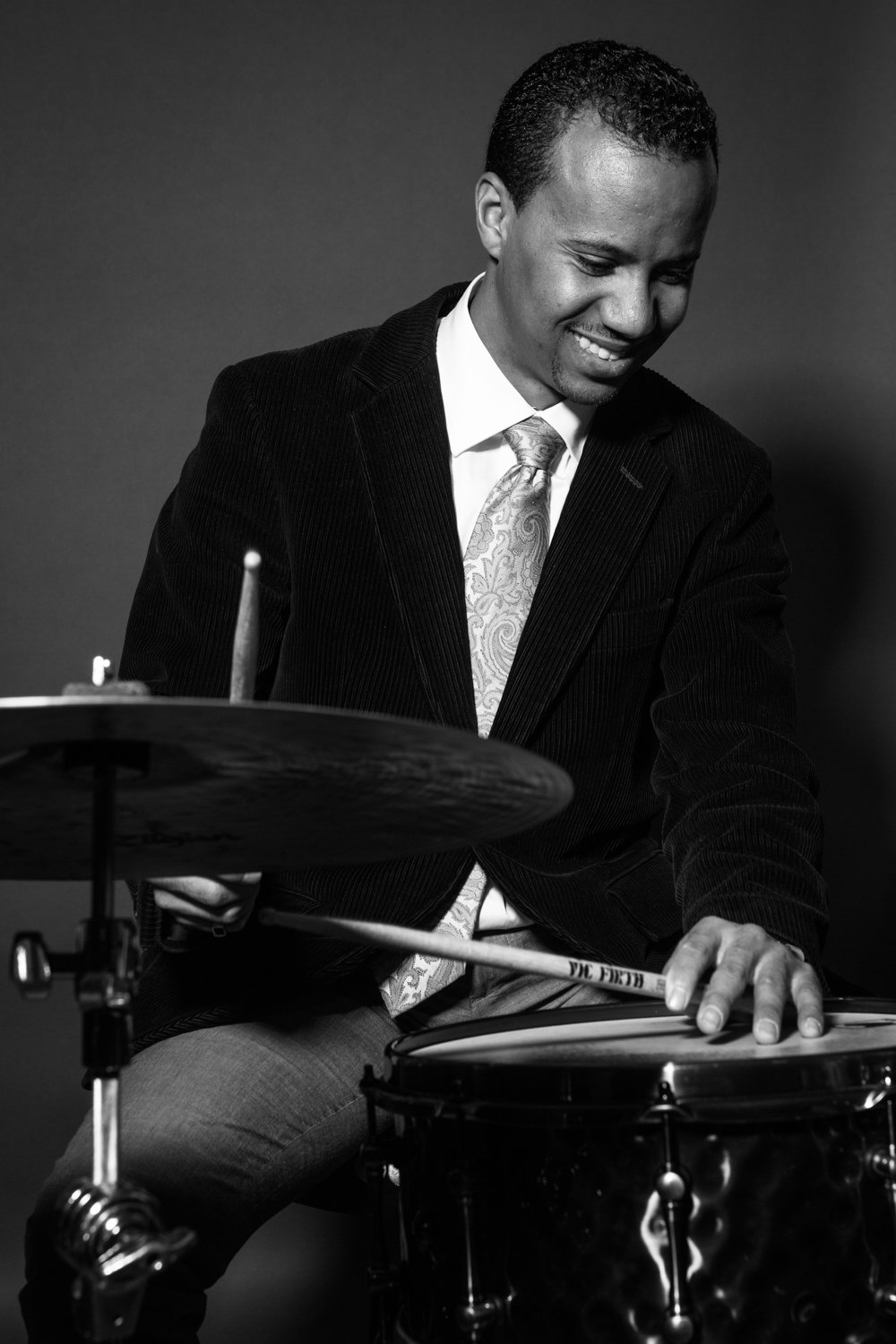ESSENTIALLY ELLINGTON
Week 3: The 1930s cont’d!
By Bret Csencsitz
“A problem is a chance for you to do your best”
― Duke Ellington
The Dal Segño Trio has torn through the highlights of early Duke Ellington these past two weeks. “Dal segno” means repeat in musical language, and this Trio is doing just that with tremendous renditions of early Duke. Week One featured 1920s tunes such as “East Saint Louis Toodle-do,” “Black and Tan Fantasy,” “Mood Indigo,” “It Don’t Mean a Thing,” and the evocatively beautiful “Creole Love Call.” These works are a treat to hear live, and Darrell Smith leads his band through adaptations that showcase these songs with a far smaller unit than Duke’s orchestra, a testament to the Trio’s ability to read each other and adapt as they play.
WORTH A LISTEN: Adelaide Hall on the early recording of “Creole Love Call”
Duke anecdote: It was 1927 and Ellington was playing his recent composition “Creole Love Call” live on stage when Ms. Adelaide Hall started humming offstage a counter tune to his piano. Duke left the piano and coaxed Hall to come onstage and sing her wordless counterpoint for the audience, who loved it. The tune was recorded just days later and went on to make both Duke and Adelaide famous, cementing both of their careers.
Week Two of our Duke tour the Dal Segño Trio continued with songs mostly from the 1930s with, among others, “Concerto for Cootie,” “Sophisticated Lady,” “Caravan,” and “Cotton Tail.” These 1930s works reflect Duke’s growing confidence in his band members for whom he famously created works catering to each player's talents, like trumpet master Cootie Williams who inspired “Concerto for Cootie.” The trumpet vocals and its mute are the core of this tune which reflects an increasingly sophisticated musical Duke.
WORTH A LISTEN: “Concerto for Cootie” recorded in 1940, the year Cootie would leave Duke and his orchestra for the Benny Goodman orchestra.
Duke Anecdote: Cootie Williams earned his nickname cootie after a childhood concert remark to his father that what he heard was “Cootie, cootie cootie.”
Next up is Week 3 of our six-week series and Duke’s creative explosion of the 1930s continued! This Wednesday come and hear the Dal Segño Trio moving with Duke toward the 1940s as Duke’s fame and compositions evolved.
“By expanding the compositional, technical, and emotional range of jazz, Ellington became representative of the tones, attitudes, and textures of twentieth-century America…”
—Greg Thomas (Albert Murray’s Murray Talks Music)
Read the Introduction to our Series by Darrell Smith.
Enjoy Bret’s Duke Playlist here.
Band leader Dr. Darrell Smith, whose initials match those of his band, added the tilde mark to “Segño” to guide pronunciation, drawing on his and pianist Santiago (Yago) Vazquez’s Spanish-speaking roots.



